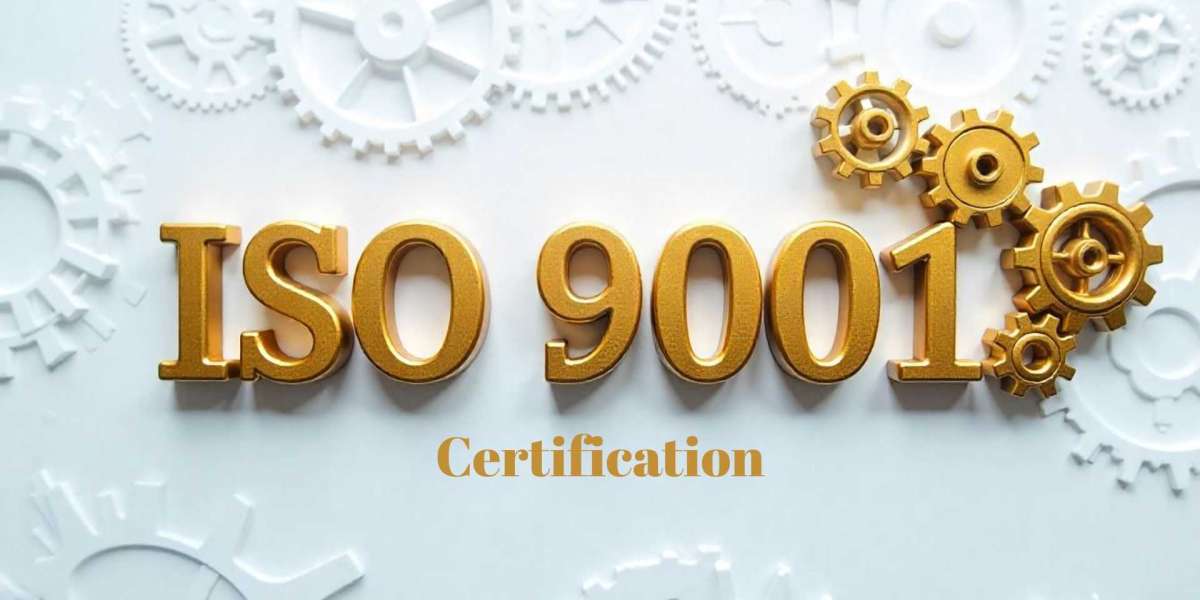Introduction
ISO 9001 certification is a globally recognized standard for quality management systems (QMS). It helps businesses establish a framework that ensures consistent quality in products and services, driving customer satisfaction and operational efficiency. Whether a small enterprise or a multinational corporation, adopting ISO 9001 demonstrates a commitment to quality and continual improvement.
Purpose and Importance of ISO 9001
The core purpose of ISO 9001 is to help organizations meet customer and regulatory requirements while enhancing customer satisfaction. It fosters a culture of quality by emphasizing risk-based thinking, evidence-based decision-making, and customer focus. By implementing ISO 9001, companies gain a competitive edge, improve internal processes, and build trust with stakeholders.
Key Principles of ISO 9001
ISO 9001 is based on seven quality management principles: customer focus, leadership, engagement of people, process approach, improvement, evidence-based decision making, and relationship management. These principles guide organizations in building robust systems that align with strategic goals. A strong emphasis on continual improvement ensures that companies remain adaptable and resilient in changing markets.
Steps to Achieve ISO 9001 Certification
The path to ISO 9001 certification involves several stages. It begins with understanding the standard’s requirements and conducting a gap analysis to assess current practices. Next, organizations must develop and document their quality management system, train employees, and implement the necessary procedures. An internal audit is conducted to identify areas for improvement before a certification body performs an external audit. Upon successful completion, the organization receives ISO 9001 certification.
Benefits for Businesses and Customers
ISO 9001 brings numerous advantages. For businesses, it streamlines operations, reduces waste, increases efficiency, and enhances communication across departments. For customers, it means receiving consistent, high-quality products and services. The certification also opens doors to new markets, as many clients and regulatory bodies require suppliers to be ISO certified.
Conclusion
ISO certification 9001 is more than a badge of quality—it’s a strategic investment in excellence. By adopting the principles of the standard and embedding them into everyday operations, organizations not only meet customer expectations but also drive long-term success. It’s a clear signal to the world that a business values quality, accountability, and continuous growth.








